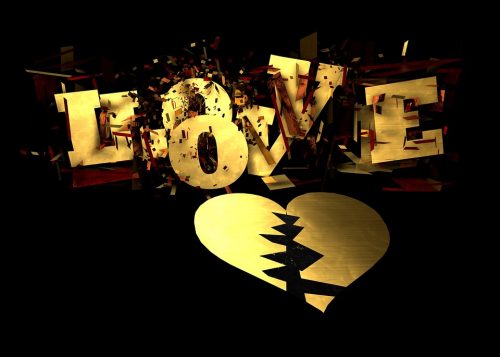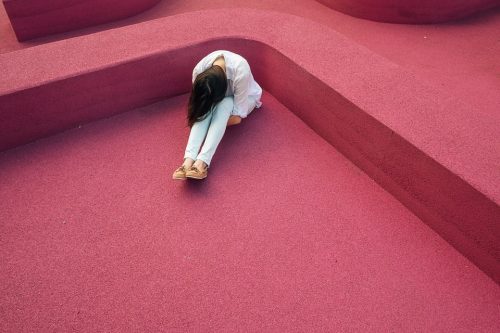
A broken relationship is depressing, and it can take a toll on a person’s overall health. According to Randy Withers, LPC, “It’s not like anyone expects terrible shit to happen. It’s not like people anticipate divorce, or miscarriages, or job losses, or trauma.” Sometimes, when the emotional crisis is too much, people leave their senses and start to live a life that is unmanageable and toxic. Then it ended in a most unnecessary situation that they won’t be able to take back.
What Is Dysthymia?
Stephanie Smith, PsyD says that “Depression and sadness are often viewed as the same thing. Part of the confusion is that the most recognizable symptom of depression is sadness.” Dysthymia, or most commonly known as persistent depressive disorder, is a less intensified form of depression that goes on a longer span of time. It often misinterpreted as a profound and sad emotional struggle and most of its diagnosis can take up to a minimum of two years. The complication is noticeable because the case of depression appears frequent in almost two months in a row. It makes a person gloomy and down that, they don’t seem to enjoy life at all. Most times, nothing seems to make them happy, and that severely affects their mental, behavioral, and emotional state.

How It Affects A Person
A person with dysthymia doesn’t feel the excitement and they don’t feel any better. They always sense the need to see things negatively. They have low self-esteem and have difficulty concentrating. In most times, even a mild situation makes them feel hopeless. They instantly get irritated about something, and they don’t value positive reinforcements. They lack the social skills in making friends and consider isolating themselves most of the time. They mostly complain about everything and they lack the ability to have fun. The low-grade depression is somehow much harder to manage due to the misinformation with regards to its origin.
According to Lisa Moses, PsyD, “People often don’t realize that depression isn’t just one thing. It can have different causes and presentations. Some people look sad, others are more irritable, some withdraw, and others seem restless.”
Symptoms
One common symptom of the disorder is the loss of interest in things that they used to love doing. They find their hobbies not enjoyable anymore. Another sign of this condition is the problem of sleeping where they often feel tired and exhausted all the time even if they are not. Sometimes, they don’t want to do anything and prefer to stay in bed the whole time. Then there’s a bad eating habit where there’s a loss or increase of appetite. It can also be diagnosed with minimal shifts in their behavior. Though it may be unnoticeable, they should pay attention to the details of the changes that affect daily function.
Though the association of this health condition to major depression varies due to its mildness, it will still take a lot of years to be able to assist it. It can even start in early childhood or adolescent years and will eventually remain until adulthood, making it more impossible to get potential treatment. In worst cases, people who suffer from the disorder tend to believe that the symptoms of dysthymia are part of their personality. It may eventually link to family conflicts, substance abuse, and social dilemma.

People with this disorder don’t know they have it. They’ll keep it for a more extended period before they can even acknowledge their condition. It prolongs a mental illness since people don’t prioritize seeking help because they think they don’t need it. This is where they’re very wrong and they should soon realize it – before they end up being depressed for life.